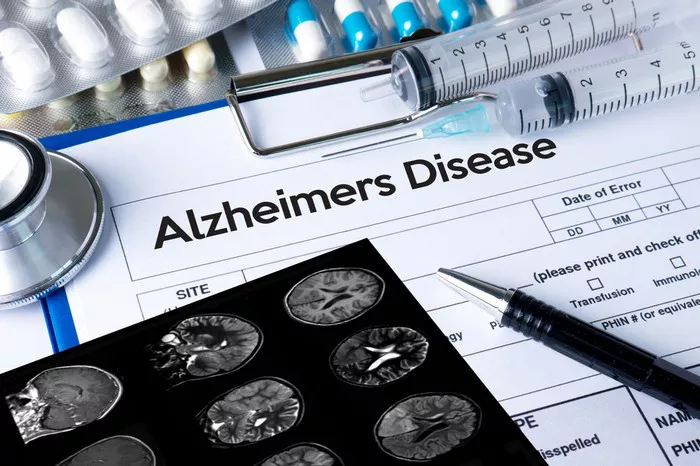This study, published in Neuron, examines the relationship between autophagy, aging, and neurodegeneration, with implications for therapeutic strategies targeting autophagy-related pathways to combat Alzheimer’s, Parkinson’s, Huntington’s disease, and other conditions.
Background
Aging leads to gradual functional decline, including impaired cellular mechanisms like autophagy, a vital process for clearing damaged proteins and organelles, which maintains cellular health, especially in neurons. Autophagy dysfunction contributes to neurodegenerative diseases through protein aggregation, mitochondrial dysfunction, and neuroinflammation. Although autophagy impairment is linked to these diseases, the molecular underpinnings remain unclear. Restoring autophagy could alleviate age-related neurodegenerative symptoms, but more research is needed on how autophagy contributes to disease progression.
Study Overview
The researchers at Cambridge and Newcastle Universities reviewed autophagy regulation in aging and neurodegeneration. They used molecular biology and genetic tools to study autophagy in neuronal and glial cells, focusing on key signaling pathways (mTORC1, AMPK) and lysosomal activity. They also examined autophagy feedback loops, such as mitophagy (the clearance of damaged mitochondria), and the role of proteins like LC3, beclin 1, and p62 in autophagy initiation and substrate recognition. They studied the impact of mutations in neurodegenerative disease-related proteins (tau, alpha-synuclein, huntingtin) on autophagy and performed experiments on autophagy flux using fluorescence-based assays and autophagosome markers.
Results
The researchers found that aging impairs autophagy, leading to the accumulation of toxic proteins and damaged organelles, worsening cellular stress and inflammation. In Alzheimer’s disease, autophagy dysfunction was linked to beta-amyloid and tau accumulation, creating a vicious cycle. In Parkinson’s disease, mutations in autophagy-related genes like synuclein alpha (SNCA) and LRRK2 prevented the clearance of alpha-synuclein. In Huntington’s disease, mutant huntingtin protein obstructed autophagosome formation, worsening protein aggregation.
The study also highlighted the crucial role of glial autophagy, particularly in microglia. Defects in glial autophagy contributed to neuroinflammation, which further stressed neurons. Impaired mitophagy was observed across all disease models, showing that defective mitochondrial clearance exacerbates age-related cellular dysfunction.
Pharmacological and genetic enhancement of autophagy alleviated disease symptoms, reduced protein aggregates, restored mitochondrial function, and improved neuronal survival, suggesting potential therapeutic benefits. However, challenges remain, such as managing upstream autophagy enhancement in diseases with downstream defects.
Conclusions
The study confirms that autophagy is crucial for maintaining neuronal health and that its impairment contributes significantly to age-related neurodegenerative diseases. The findings suggest that enhancing autophagy could be a promising therapeutic strategy to address protein aggregation, mitochondrial dysfunction, and neuroinflammation. Future research should focus on understanding the precise regulation of autophagy and developing targeted therapies tailored to specific diseases and genetic contexts, with the potential to slow aging and mitigate neurodegeneration.
You Might Be Interested In:
-
Cesarean Deliveries During Labor Linked to Risks in Future Pregnancies
-
AI-Driven Tool Revolutionizes Placenta Examination at Bedside

